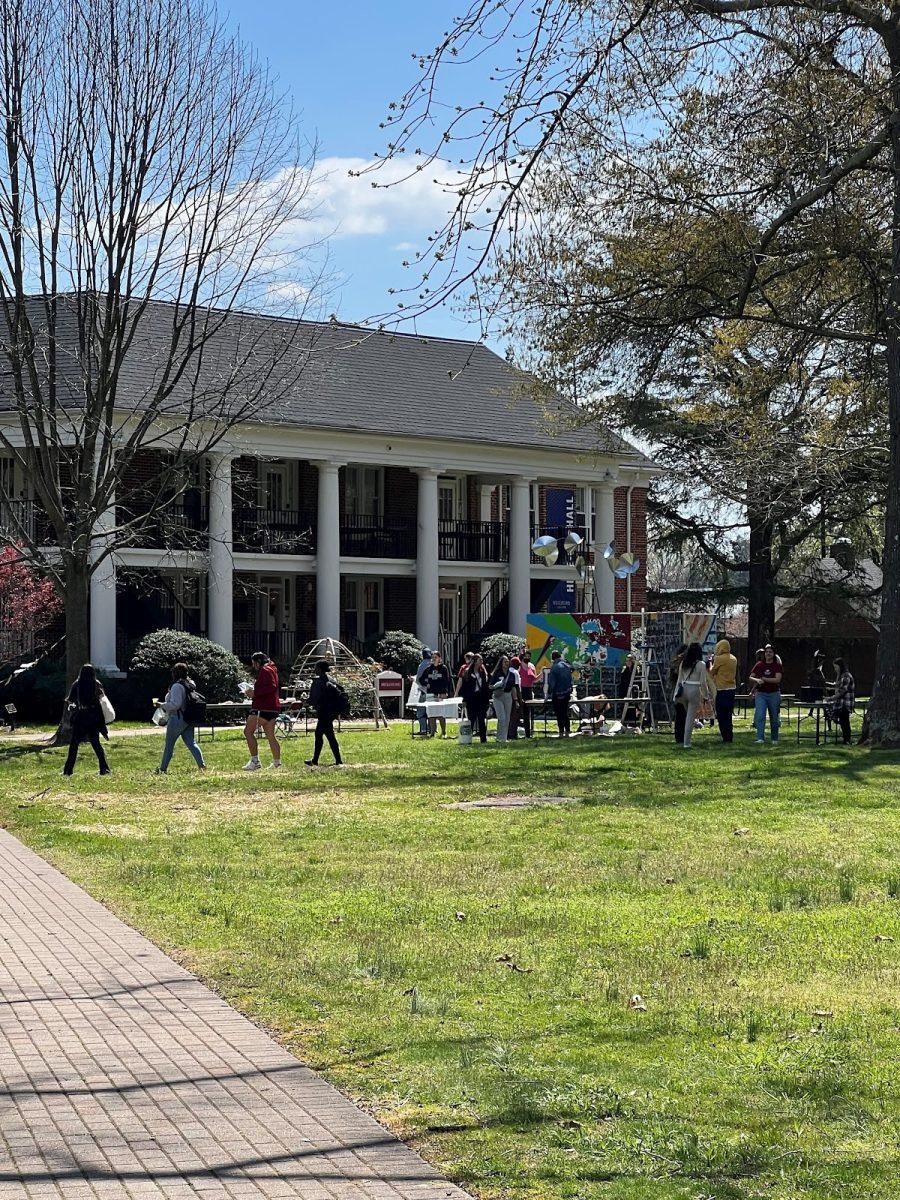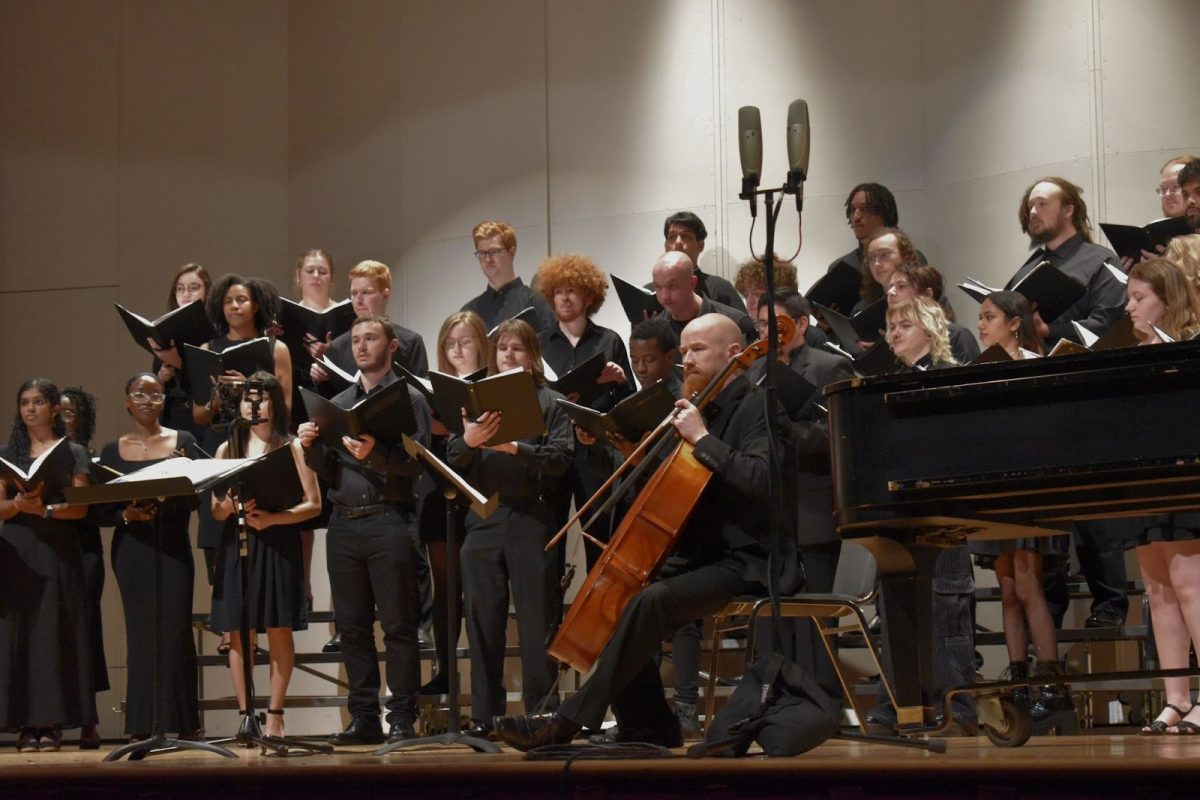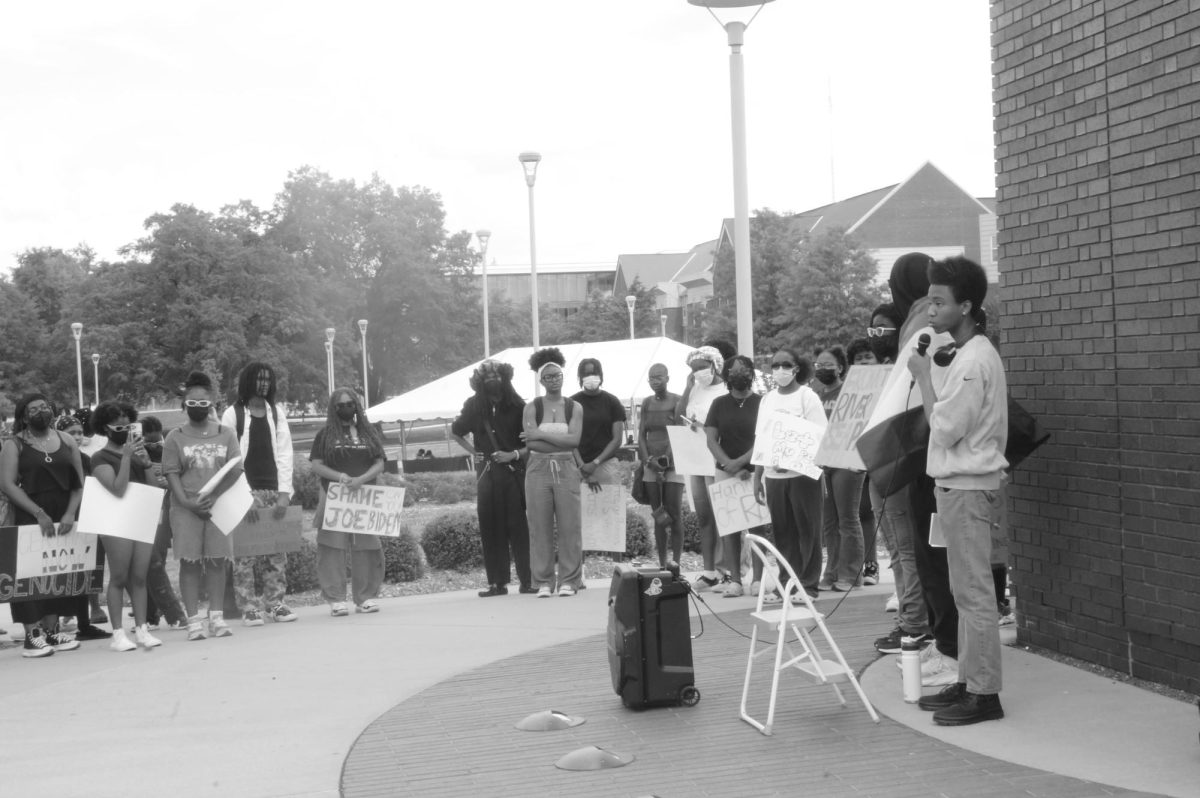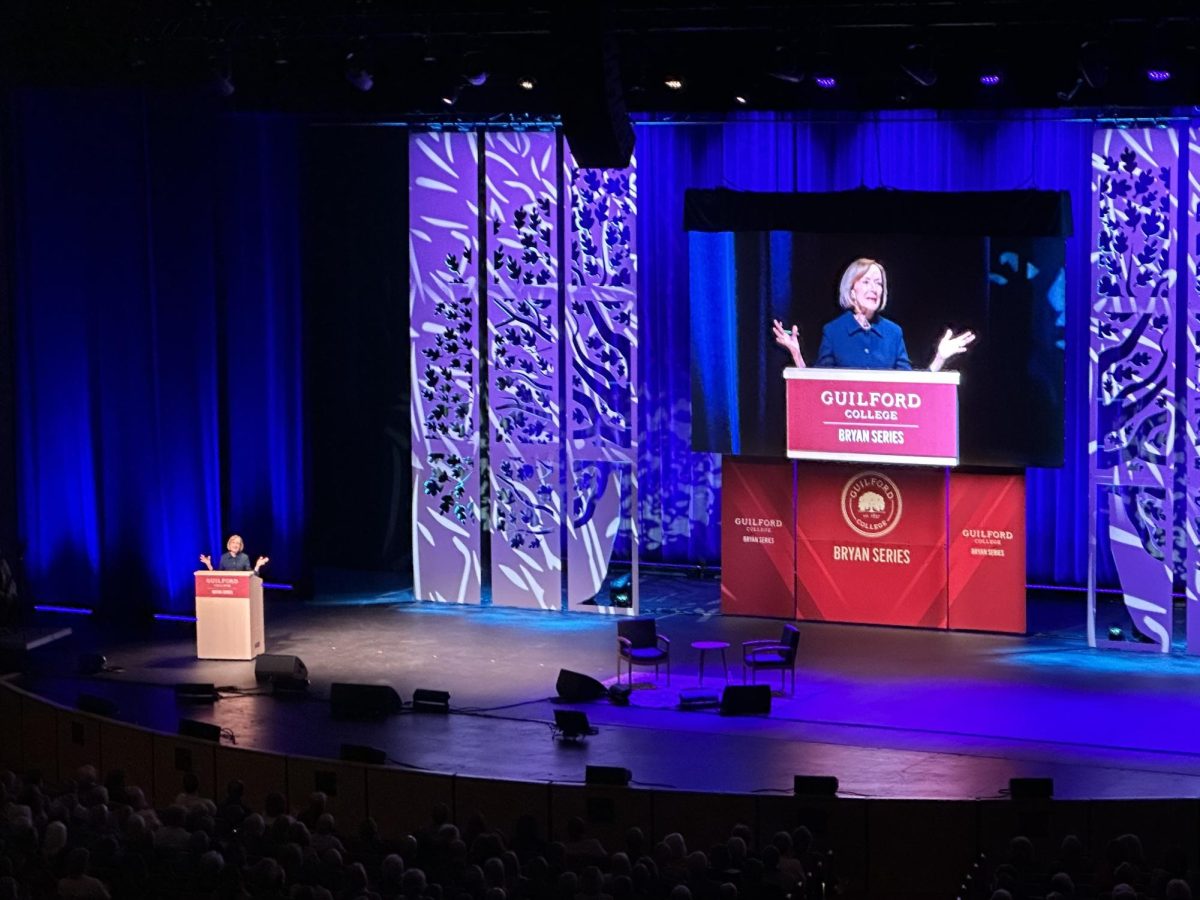If you have a TV, a smartphone, a computer, or a combination of the three, you’ve most likely come across NBC’s Saturday Night Live at some point. The show has been around since the mid-1970s and has become a tradition for comedy fans across the country. Some of the world’s biggest celebrities have had the honor of hosting or performing on an episode.
You have probably also heard that the writers of the show do not shy away from covering “controversial” or “difficult” topics. It is not uncommon to hear multiple racial jokes made on the show or ones that make light of very serious issues.
With “cancel culture” being a recent phenomenon, you may wonder if this makes the show cancel-worthy. Personally, I feel like SNL has taken things too far in the past in a few instances, such as when a 2017 episode featuring Dwayne “The Rock” Johnson somehow tried to make the idea of a “child-molesting robot” funny. But, the writers are usually great at setting the context so that what would normally be considered offensive in casual conversation can safely be laughed at.
The Oct. 28, Halloween-themed, episode of SNL is a perfect one to use for illustrating this perspective. It was hosted by comedian Nate Bargatze, and is arguably the funniest episode in this 49th season. This was a relief because the episodes are usually hit-or-miss overall.
One skit in particular, titled “Chef Show,” uses race as its main punchline. It features a white male chef, played by host Bargatze, and a black female chef, played by Ego Nwodim, a regular cast member since 2018.
What was their challenge? To cook a soul food dish inspired by their recent trip to the oldest black church in Georgia.
Nwodim expresses high gratitude for the experience of connecting to her culture, while Bargatze offers little to no comments, which gets a laugh out of the audience. It is then revealed that both of the judges are black and highly knowledgeable about soul food.
Next, we are shown the Nwodim and Bargatze’s dishes without knowing who prepared which plate. One is executed perfectly, while the other looks too modern and small in portion size. The skit does everything it can to make us assume that Nwodim, the black woman, cooked the better food.
Ironically, Bargatze was the chef who made the better soul food despite his lack of experience with it and the fact that his helper was also a white male. Nwodim’s helper was a black male, and yet they clearly couldn’t make the dish to save their lives.
I found this skit hilarious, because racial debates about who cooks the best food are all but uncommon in America today, and it went against those dominant assumptions. It took something that resonates with most of us, put a comedic spin on it, and everyone involved had a good time. That is how comedy should be done.
Another skit, “Washington’s Dream,” featured host Bargatze as George Washington accompanied by a group of male soldiers. It was set in 1777, and one soldier, played by Kenan Thompson, was black.
Every time Thompson would ask Washington about the status of black men in America, according to his “visions of the future,” he would pat him on the shoulder and dismiss the comment or say something completely irrelevant. It wasn’t the fact of slavery or racial segregation that made the skit funny, it was Thompson’s confused reactions and the dramatic irony of it all that had viewers slapping their knees.
Do I think SNL is always perfect at gauging what is funny and what is not? No. The 2017 episode that featured a skit during which Dwayne “The Rock” Johnson presented a “child-molesting robot” had me shaking my head in disapproval. I felt similarly about Jimmy Fallon’s decision to do blackface while impersonating Chris Rock in a skit performed on his show in 2000.
While some jokes, like those ones, are in poor taste and more offensive than anything, SNL normally doesn’t cross the line that far. I don’t think we could get very much accomplished as humans if we didn’t allow ourselves to laugh as we face hard times. At the end of the day, it’s really a coping mechanism.
Take Michael Che and Colin Jost, for example. Each episode they host a longer segment titled “Weekend Update,” and in that segment they take turns sharing bogus news headlines while also throwing in racist jokes that the other man wrote for him. What makes this especially funny is that Che is black and Jost is white, so it’s as intentional as it can get.
Maybe if more people could learn to loosen up this way outside of a comedy show, we’d have fewer problems. We could all use a little more humor in our lives.













